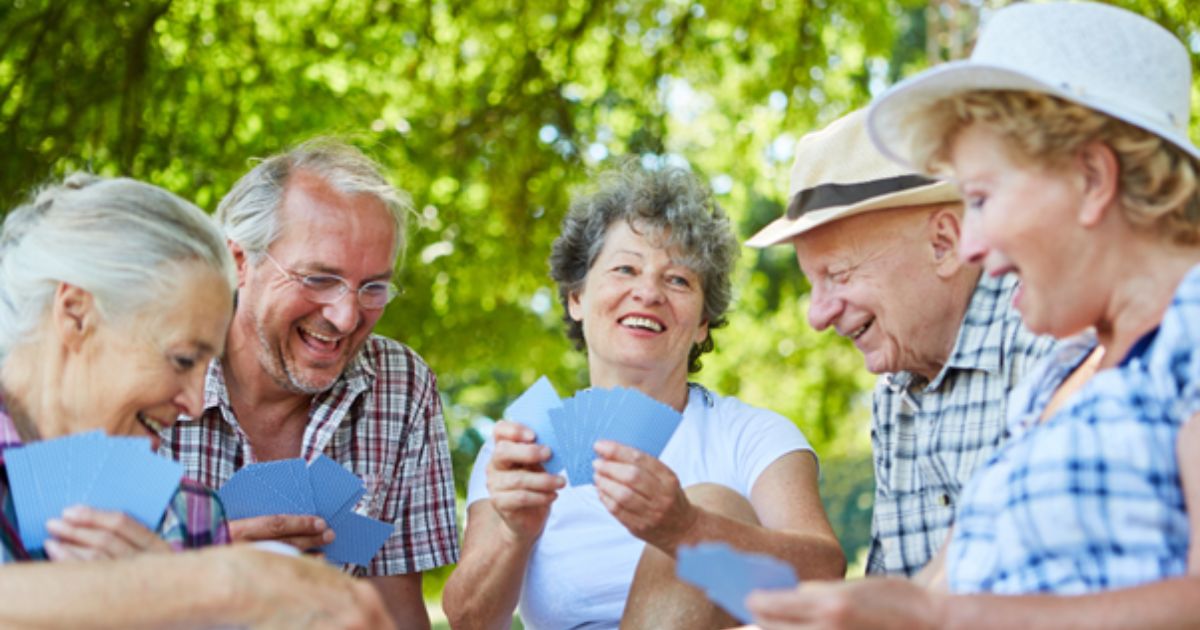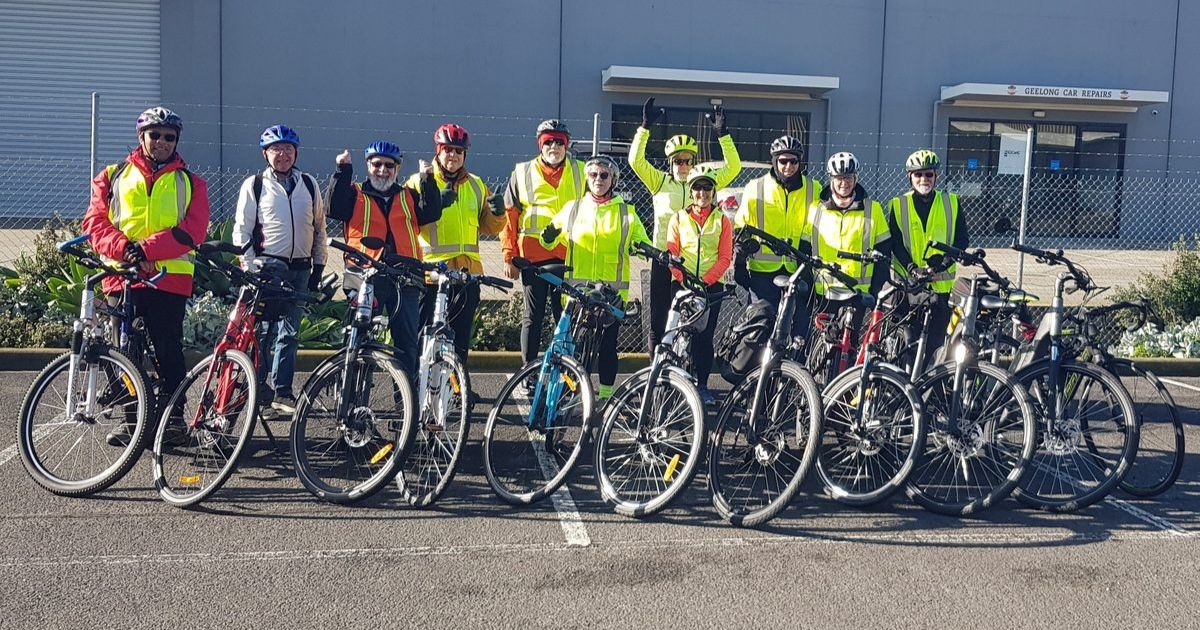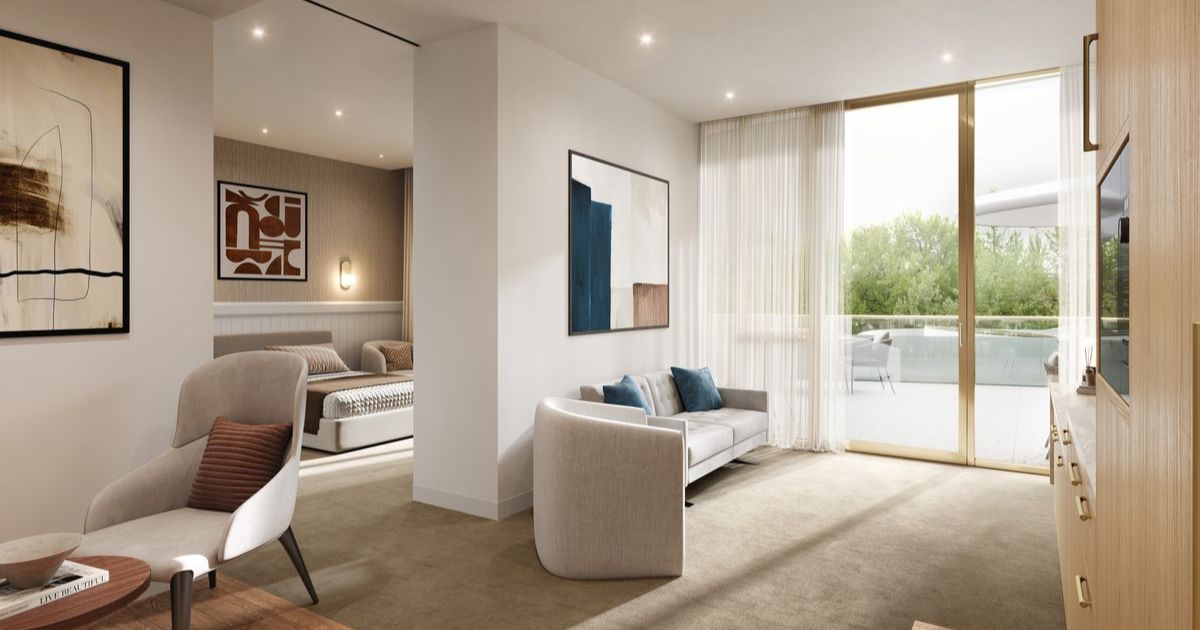Exercise for the mobility impaired

Staying active is essential for people of all ages, providing benefits for mental health and physical well-being.
Exercise offers countless health benefits, but what about those with impaired mobility, such as the elderly, disabled, or those in rehabilitation?
Staying active is essential for everyone, regardless of physical circumstances. Exercise isn’t about mobility – it’s about exertion.
For individuals with limited mobility, the goals are to improve cardiovascular fitness, enhance flexibility, and build strength.
Finding the right exercise
Start by focusing on what the person can do.
Do they have use of their arms, legs, or head? If guidance is needed, consult a doctor or physical therapist to determine safe options.
Low-impact exercises are effective for increasing strength and flexibility.
Chair exercises suit individuals with limited leg use and can include stretches, weights, or yoga-inspired movements. Swimming is ideal because water supports the body, reduces gravity’s impact, and provides resistance for an effective workout.
Recreational activities such as shopping, lawn bowls, fishing, and gardening also offer low-impact exercise with the bonus of social interaction.
Even slow walking with aids such as a walking stick or walker counts as exertion. Electric wheelchair users can strengthen their neck and diaphragm muscles to improve control and ease of movement.

At Homestyle Aged Care homes, several residents have achieved remarkable recoveries through physiotherapy and tailored exercise routines.
Staying safe and comfortable
Whatever the exercise, safety is key. Avoid exhaustion or significant pain, and follow these tips:
- Wear comfortable clothing
- Stay hydrated
- Warm up and cool down properly, and
- Avoid exercising injured body parts.
Mental and emotional benefits
Exercise is just as important for mental health as physical well-being. It releases endorphins – “happy hormones” – that improve mood, reduce stress, ease depression, and boost self-esteem.
Injury, disability, or limited mobility shouldn’t stop anyone from enjoying the rewards of physical activity. With the right approach, everyone can benefit from staying active.
Homestyle Aged Care’s Belmont Grange home in Grovedale offers an award-winning rehabilitation program provided by Concentric in a newly opened gymnasium with on-site allied health support.
A specially designed gymnasium offering physiotherapy rehabilitation will be also opened at the Sea Views Manor home in Ocean Grove later in 2025.
For more information or to book a tour, phone the dedicated admission team on 1300 104 663 or head to homestyleagedcare.com.au

















